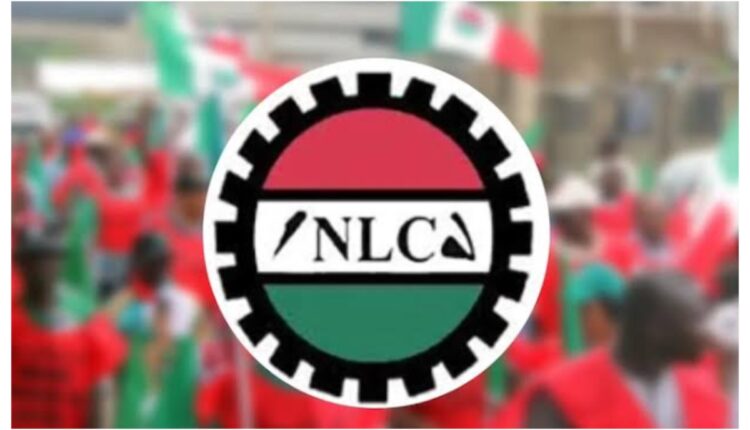NLC Sets Agenda for Workers’ Role in Climate Action Ahead of COP30
The Nigeria Labour Congress (NLC) has begun a strategic retreat for its climate change focal persons as part of preparations for the 30th United Nations Framework Convention on Climate Change Conference of the Parties (COP30), scheduled to hold from November 10 to 21 in Belém, Brazil.
The News Agency of Nigeria (NAN) reports that COP30 will focus on global efforts to limit temperature rise and the presentation of new national action plans by member countries.
Speaking with NAN on Wednesday in Abuja, the NLC’s National Coordinator on Climate Change, Mr. Eche Asuzu, said the congress was convening a Pre-COP30 Retreat and Regional Strategy Visioning Meeting for its affiliate unions and focal persons.
He explained that the meeting would enable participants to finalise Nigeria’s and West Africa’s positions for the forthcoming international climate discussions.
According to him, the retreat would also give participants the opportunity to review existing positions from the International Trade Union Confederation (ITUC) and the Africa Climate Network, while developing shared advocacy strategies.
Asuzu noted that the session would produce a comprehensive report of proceedings, a consolidated position paper for the Global South Just Transition Conference and COP30, as well as a roadmap for climate advocacy across Anglophone West Africa up to 2026, alongside syndicated media reports.
He stressed that the NLC remained committed to ensuring that climate justice and just transition principles occupy a central place in Nigeria’s climate policy framework, with workers actively contributing to sustainable and inclusive solutions.
Asuzu highlighted that 2025 would be significant for global climate policy, as countries are expected to submit their final Nationally Determined Contributions (NDCs) to the United Nations Framework Convention on Climate Change (UNFCCC).
According to him, Nigeria has played an active role in developing two critical global climate instruments — the NDCs and the Just Transition Guidelines.
“Our focus has been on ensuring that workers’ perspectives are embedded in climate policy discussions and national commitments,” he said.
He added that, with the support of the International Labour Organisation (ILO), the NLC had developed a robust advocacy programme for mainstreaming workers’ voices in Nigeria’s NDC 3.0 and Just Transition Guideline.
Asuzu also disclosed that the congress developed the Nigerian Workers’ Charter of Demands for a Just Transition, anchored on the Decent Work Agenda, to guide labour engagement in the country’s climate policy and implementation process.


